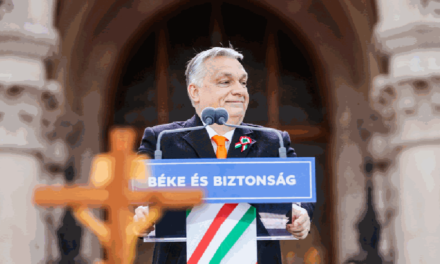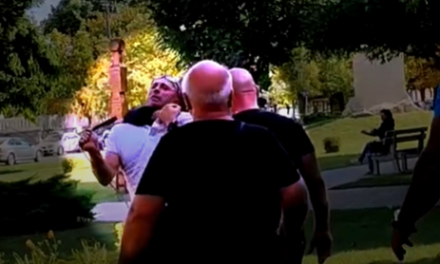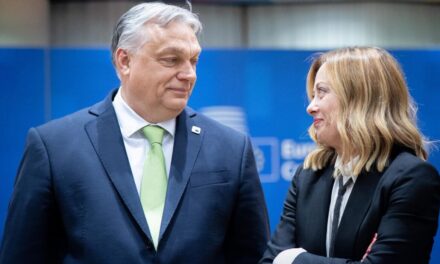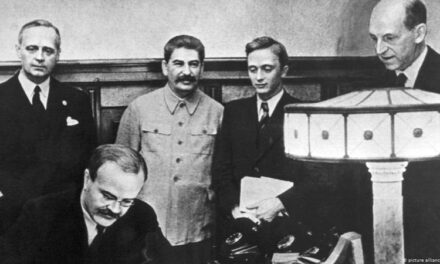The government has again announced a national consultation, this time on the Brussels energy sanctions. With this, the government is following a well-proven recipe, since in recent years people's opinions have usually been asked during crisis situations. This was also the case when the Hungarians were able to comment on the migration situation, and this gave the government strong authority to represent the Hungarian position in Brussels, Magyar Nemzet wrote.
The daily reminds us: for the twelfth time, the governing parties are launching a national consultation to ask the opinion of the Hungarian people, this time regarding the energy sanctions against Russia. Known: on September 22, after the Fidesz-KDNP faction meeting, Máté Kocsis, faction leader of the larger ruling party, announced that they would initiate a national consultation on energy sanctions. The Prime Minister asked everyone to give their opinion on the Brussels sanctions. The government then decided to support the consultation. In an interview with Kossuth Radio, Prime Minister Viktor Orbán stated:
Brussels lied to the people about the sanctions. In addition, the prime minister noted that the more critical a period we are living in, the greater the need for unity, and in certain situations it is best if people can be involved in decision-making, and the most flexible form of this legally is national consultation.
Since then, it has come to light that there will be a total of seven questions, and a section on gas sanctions is definitely expected. It was also revealed that the government is also asking people's opinions about the effects of the Brussels sanctions policy on tourism in the national consultation. In addition to all of this, the questionnaires also ask Hungarians for their opinion on the sanctions affecting nuclear energy, as the European Parliament, several member states and some domestic left-wing parties would include nuclear energy in the scope of the sanctions. It is not new that the government turns to the people in a crisis situation to ask for their opinion, as the cabinet has used the institution of national consultation on several occasions in recent years.
This form of consultation allows citizens to express their opinion in special situations between two elections about the direction the government should take in certain strategic issues.
One of the best-known national consultations took place in May 2015, during the migration crisis that reached Europe, and it was about immigration and terrorism. At that time, 1.254 million people took part in the consultation, and the vast majority of respondents supported the government in standing up for the national interest against the policies of Brussels. This strong authorization made it possible for Viktor Orbán and his government to stick to the Hungarian position in the face of EU pressure, thus getting Brussels to renounce the introduction of the migrant quota.
The last time there was a national consultation was last summer, and in addition to economic topics, the minimum wage, the family tax refund and the loan moratorium, questions related to migration and domestic vaccine production were also on the agenda. Nearly one and a half million people participated in this consultation, and the respondents supported the government's position. The tenth national consultation took place in February 2021 and was considered groundbreaking as it was completely online due to the pandemic and was about restarting after the epidemic. The term national consultation was first used by Viktor Orbán in his 2005 country review speech, after which the National Consultation Board was established.
Source: Magyar Hírlap
Featured image: MTI///MÁRTON MÓNUS











